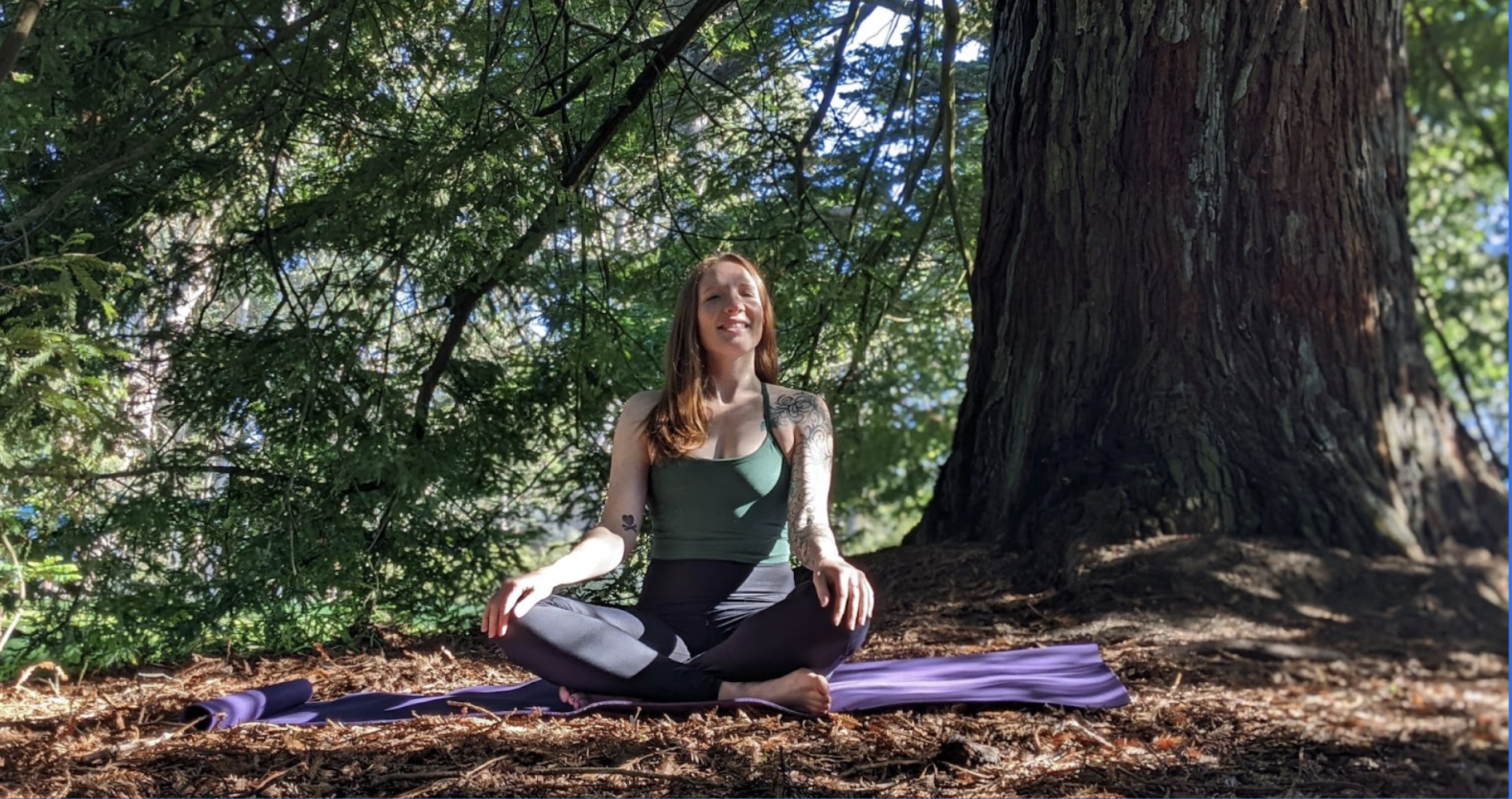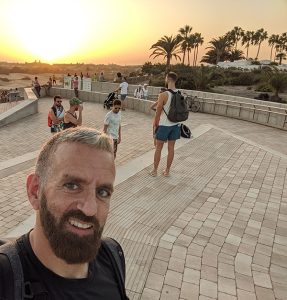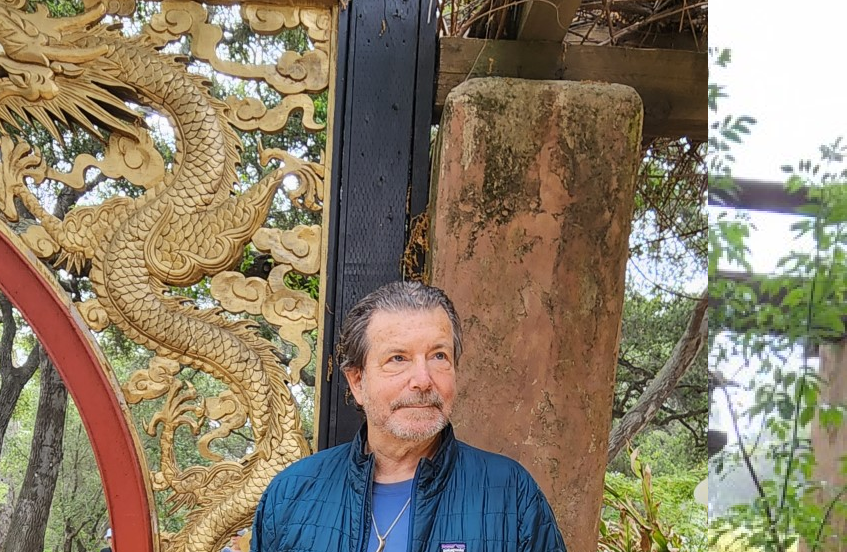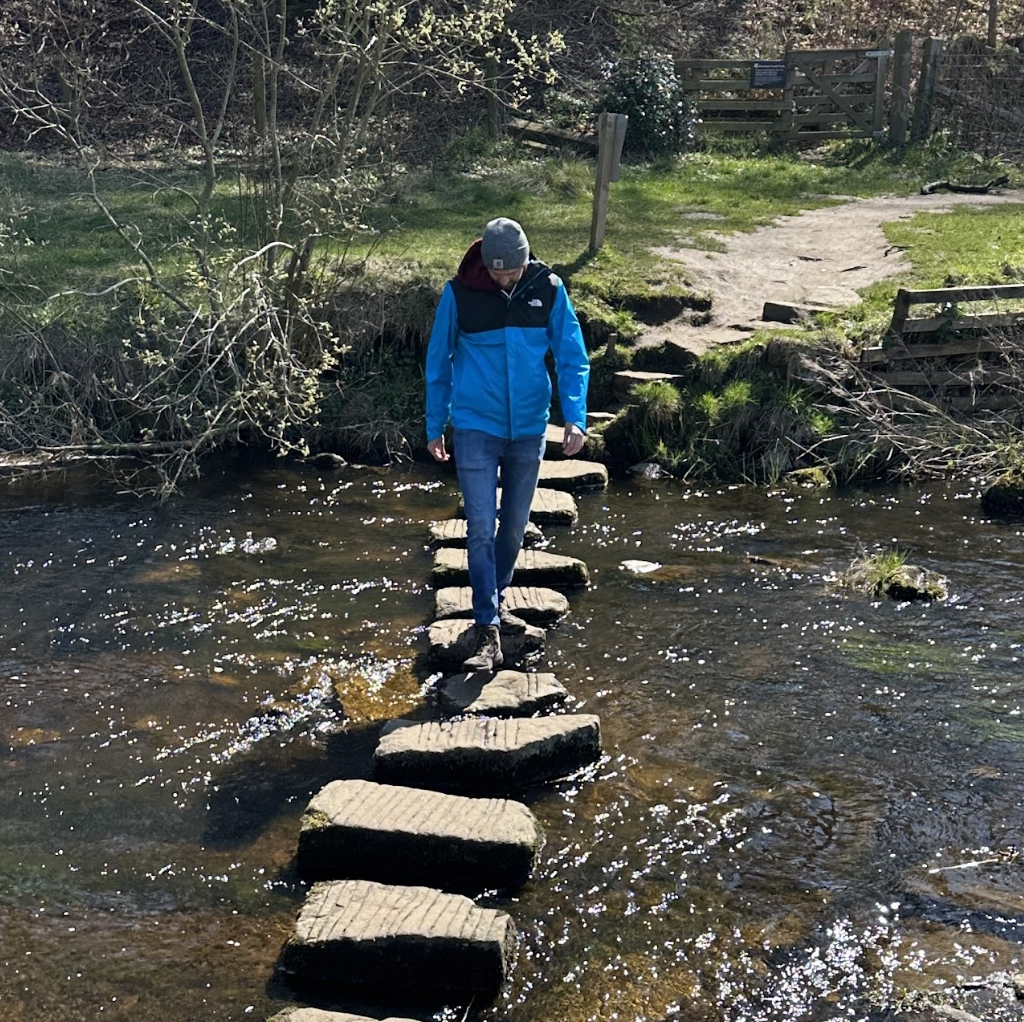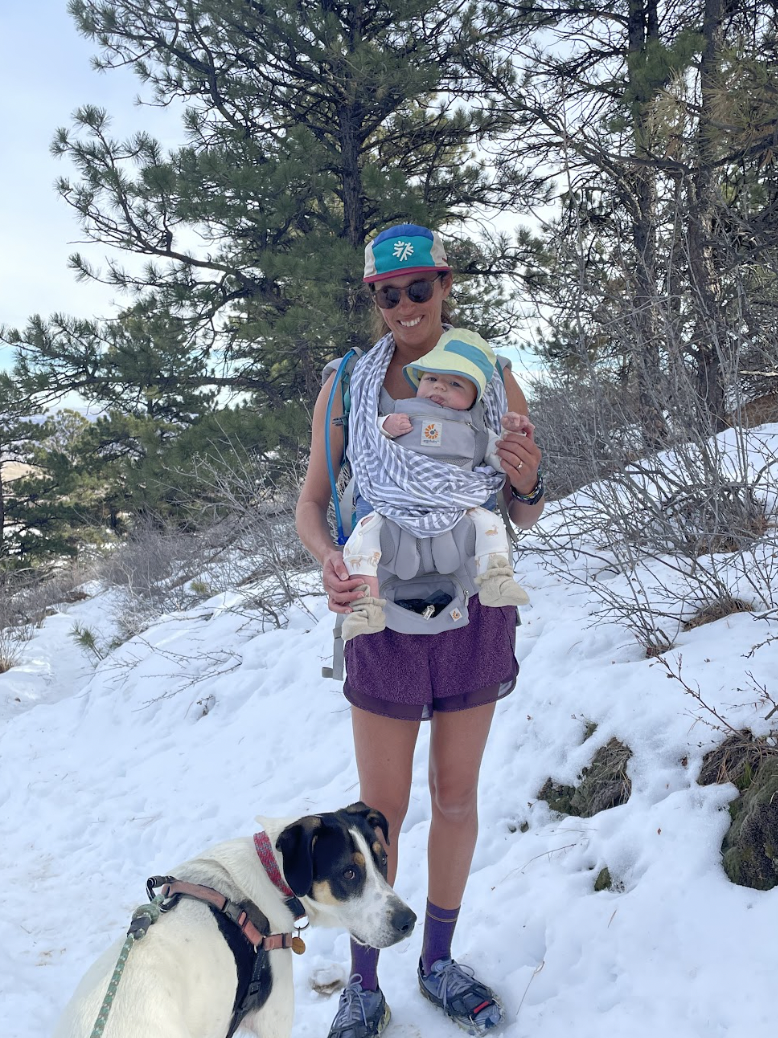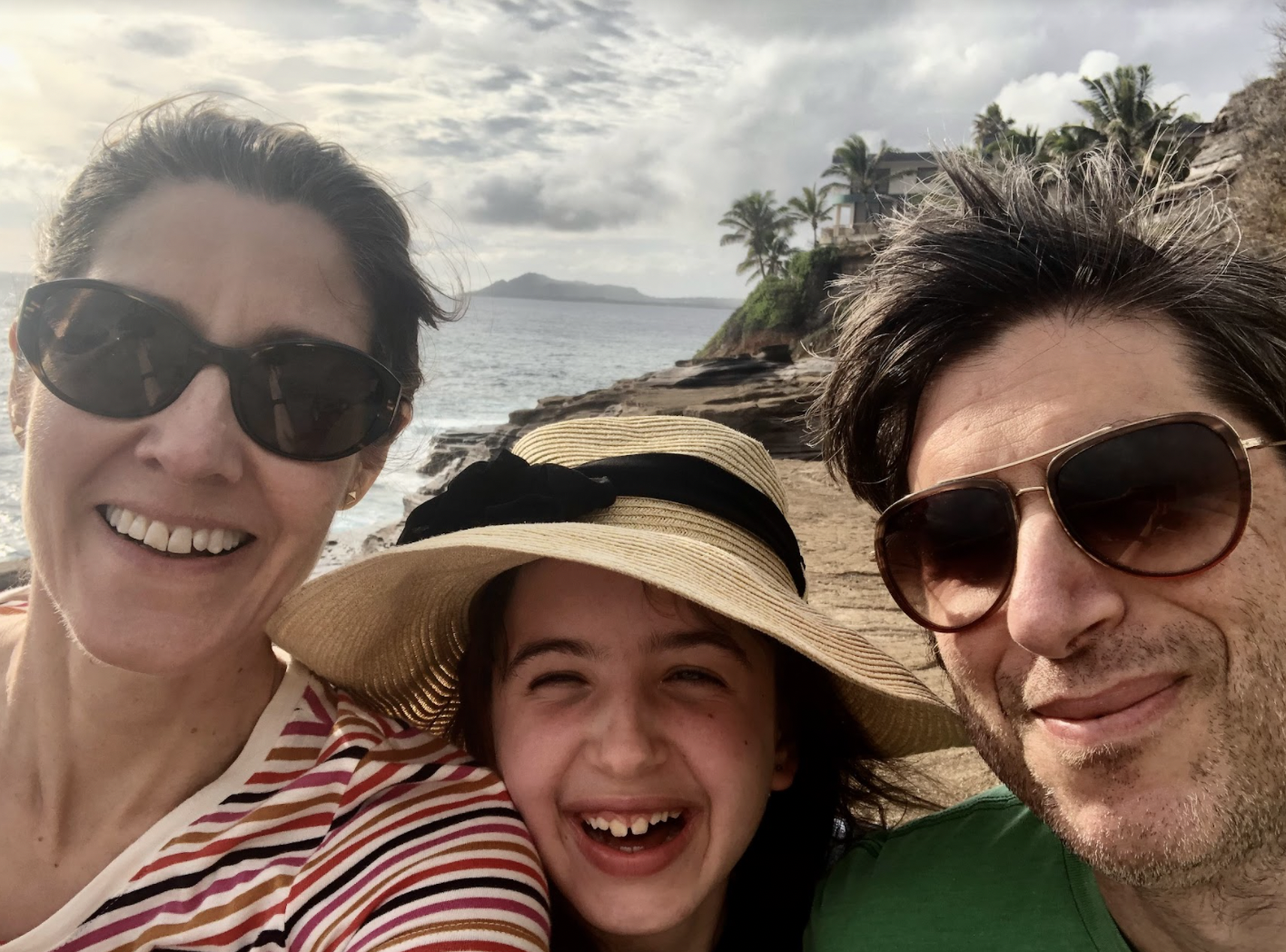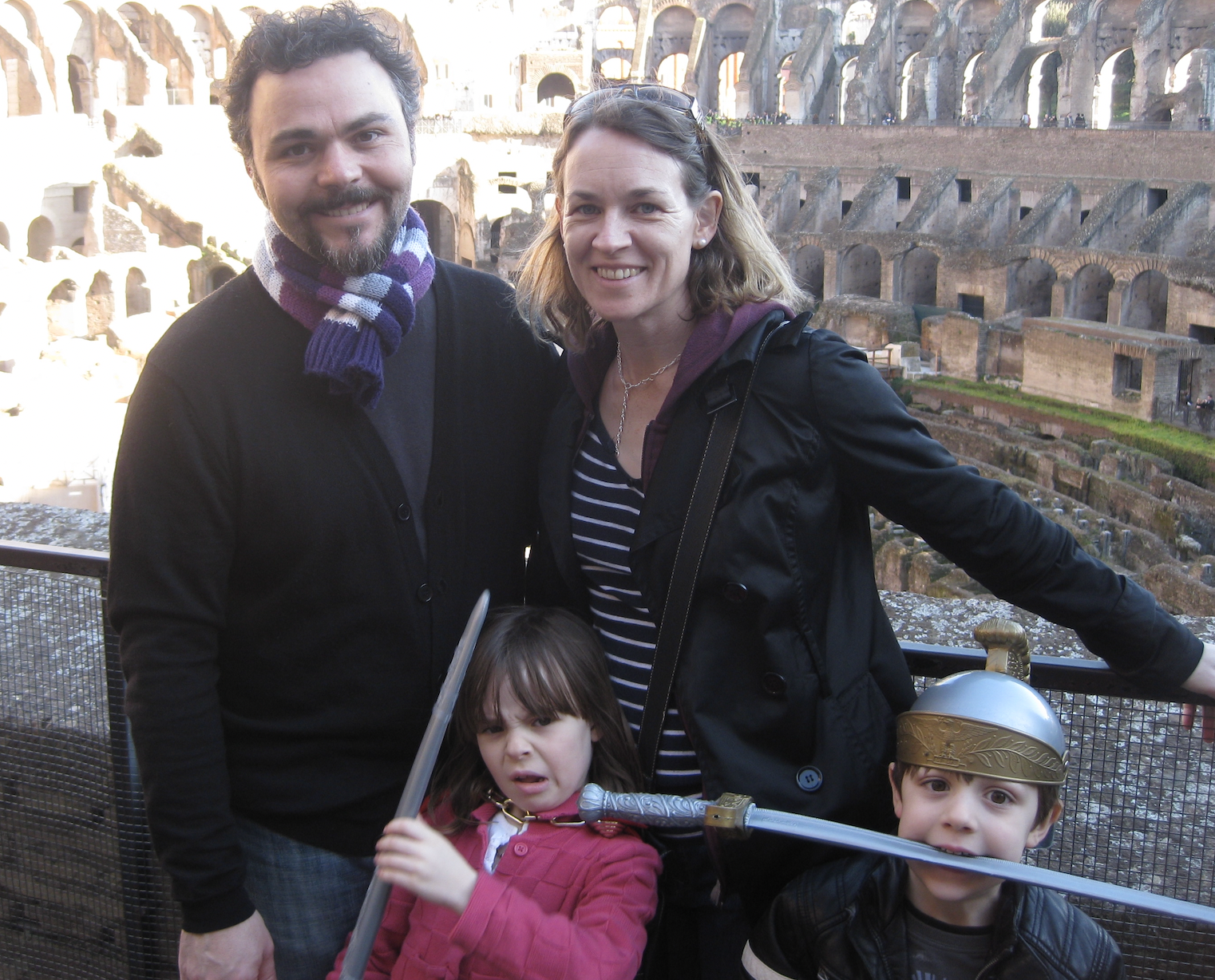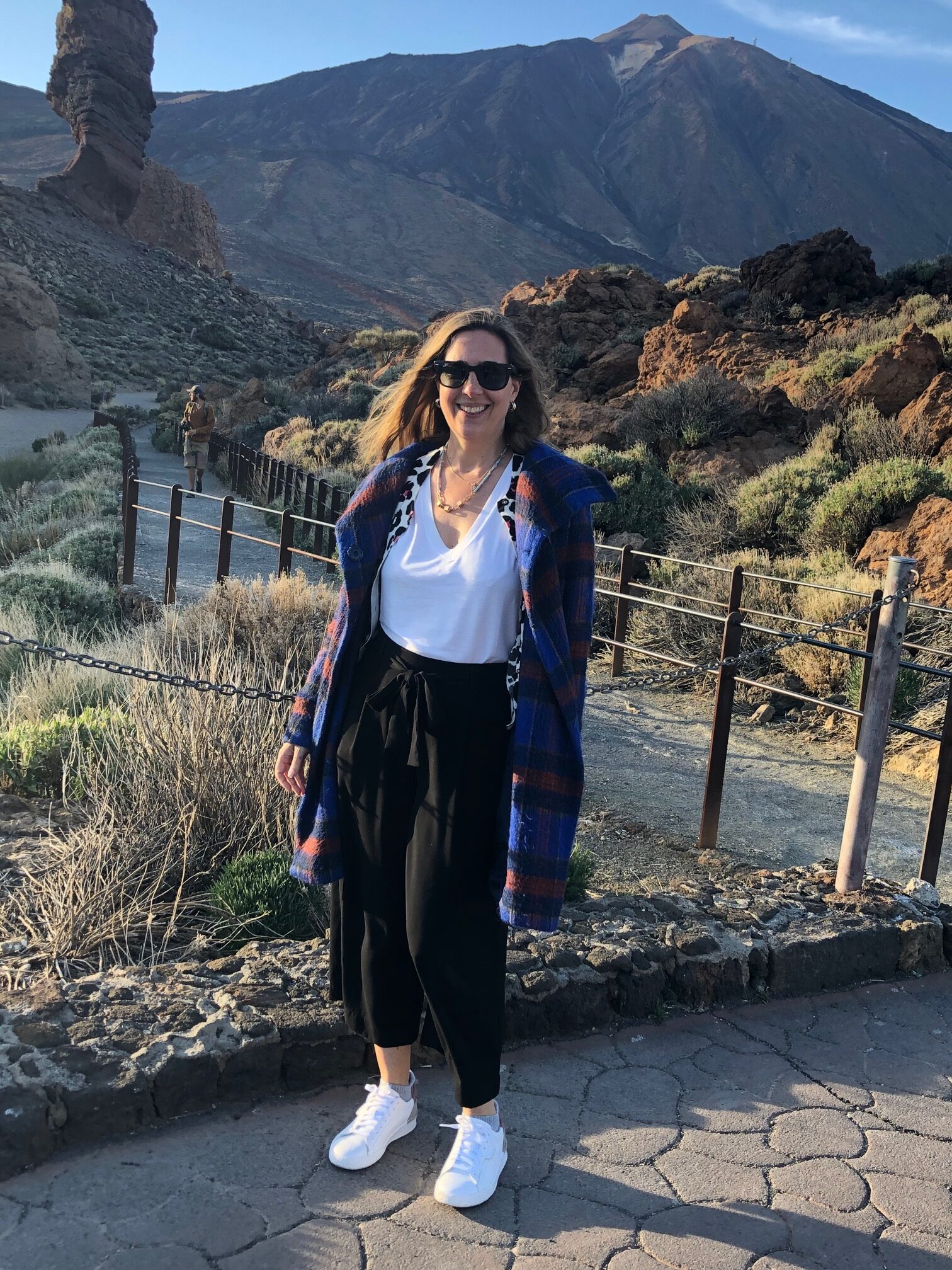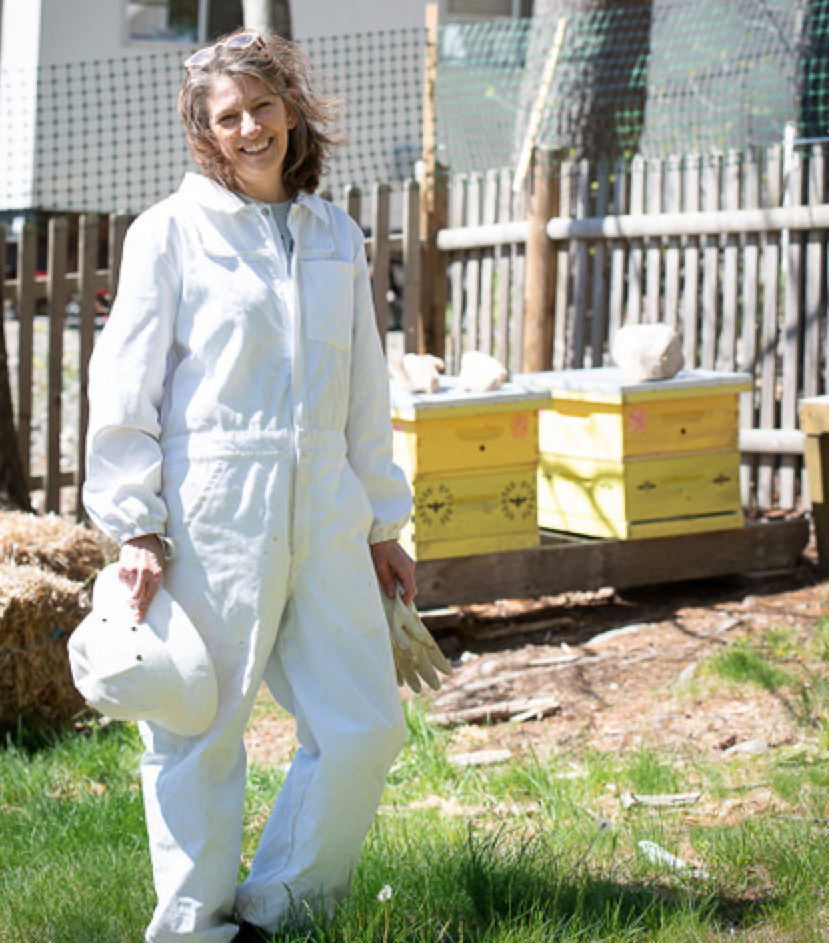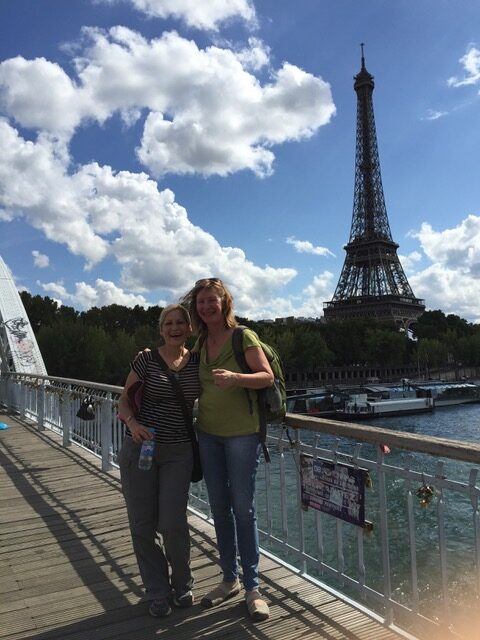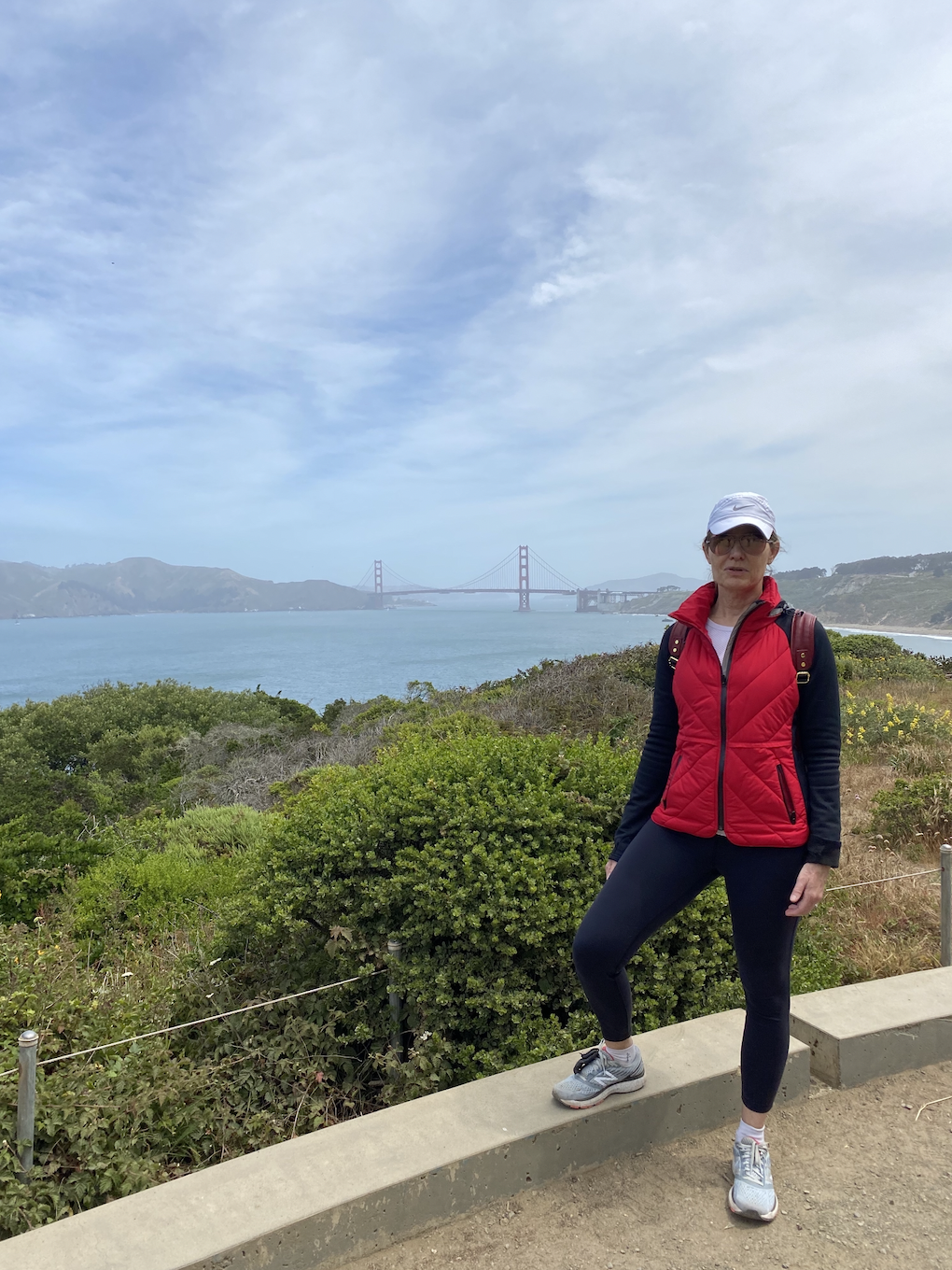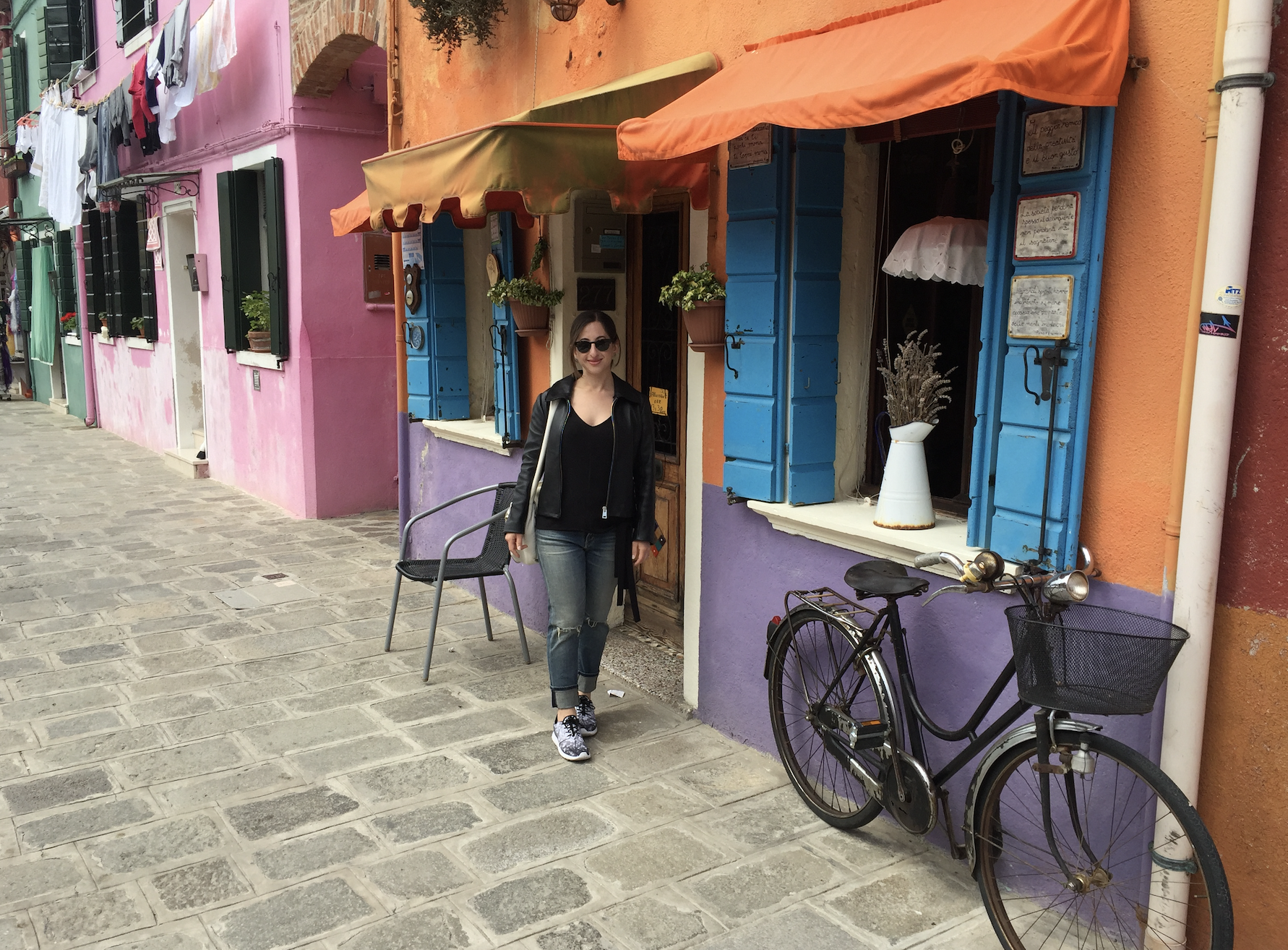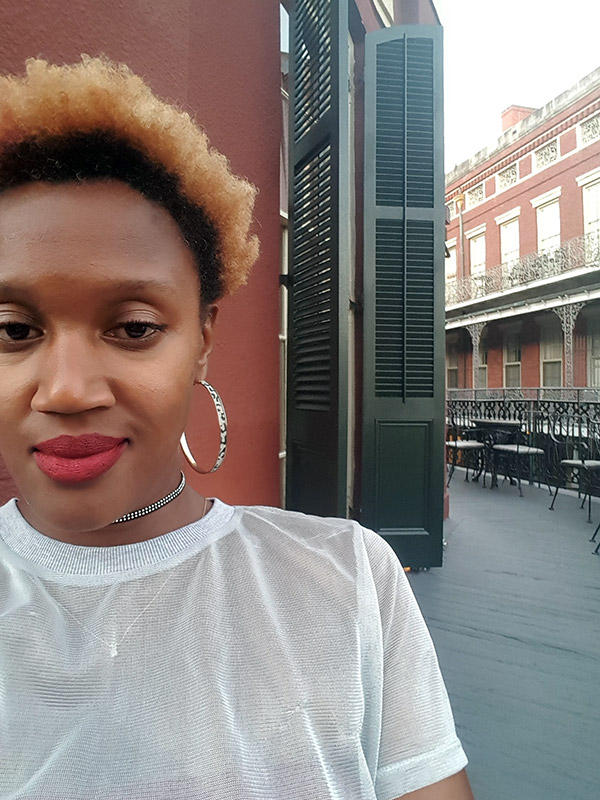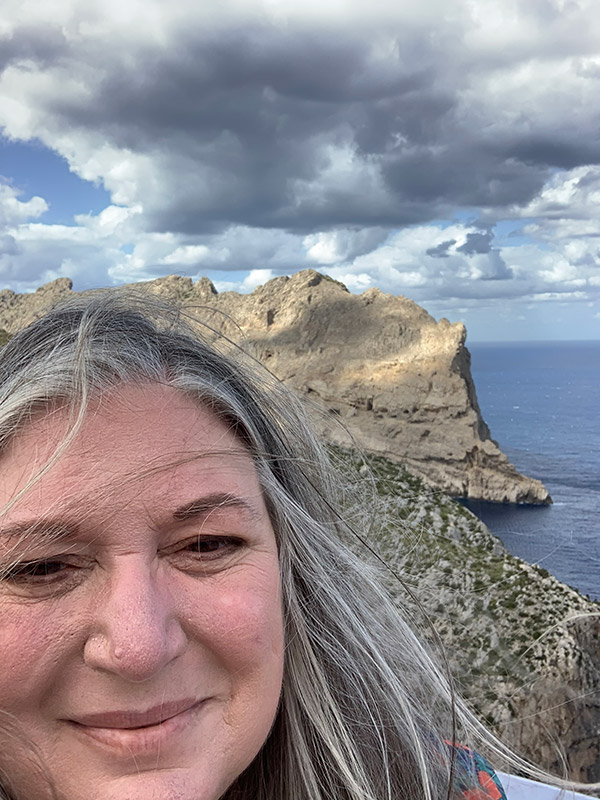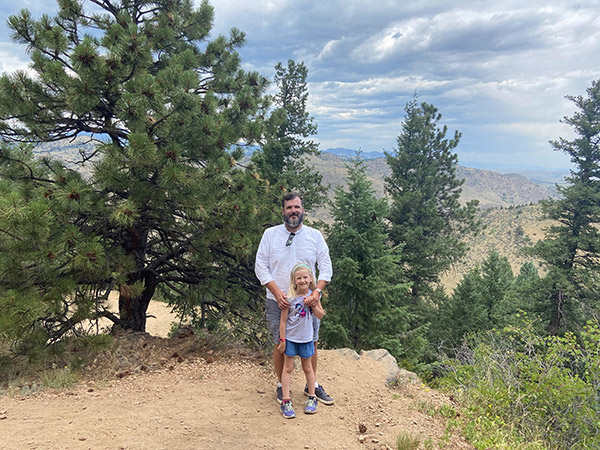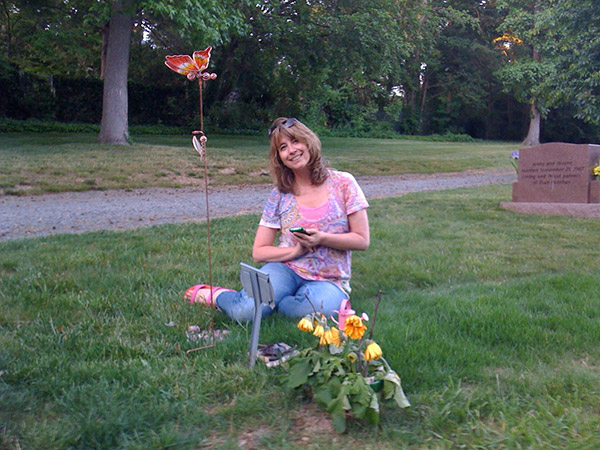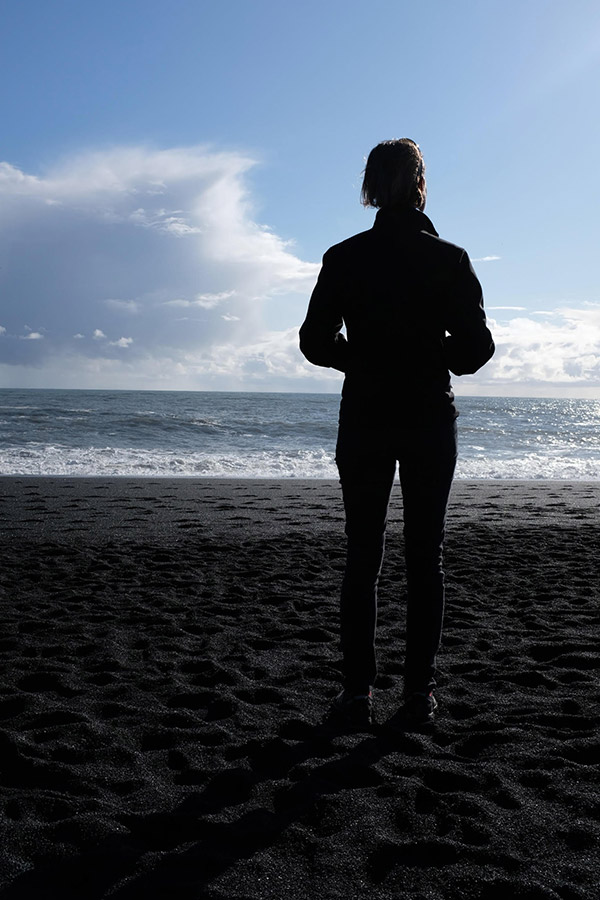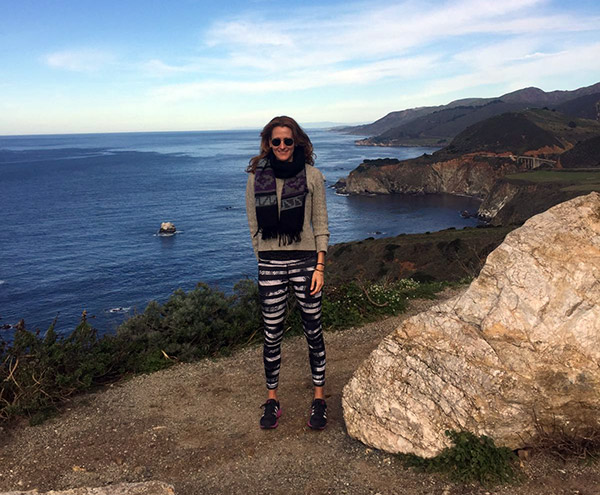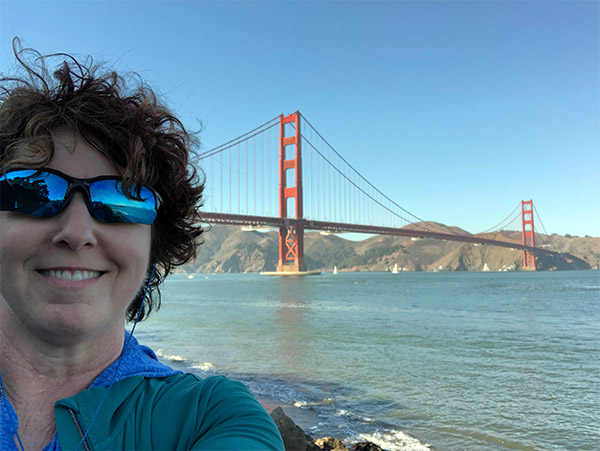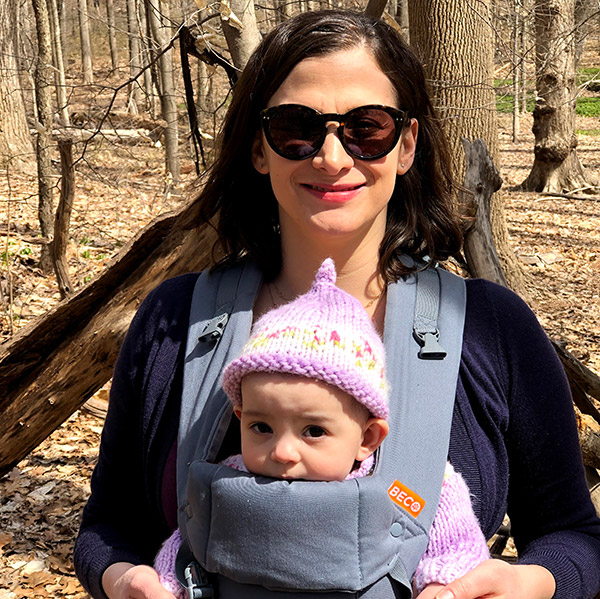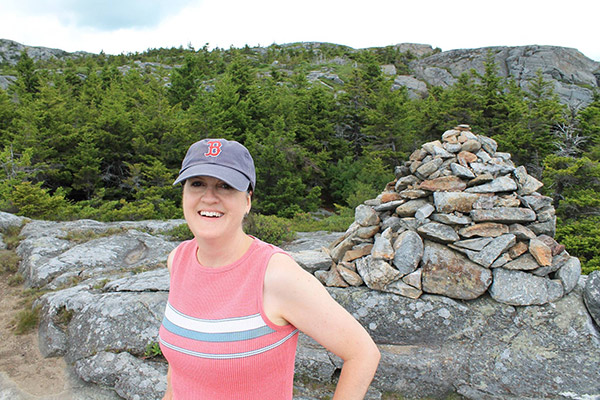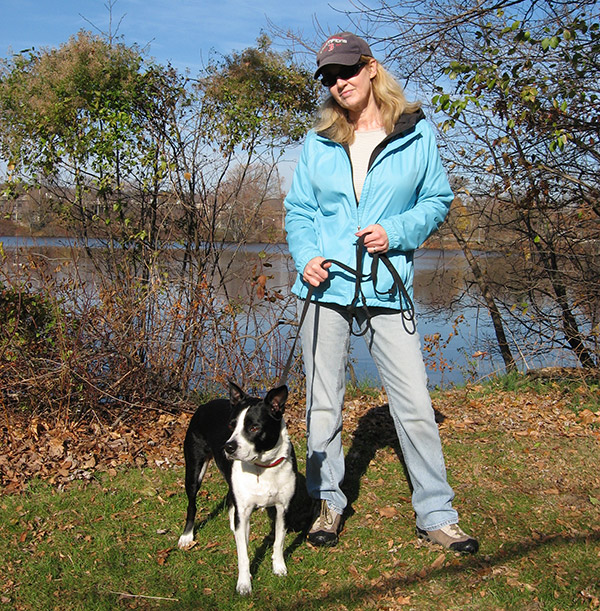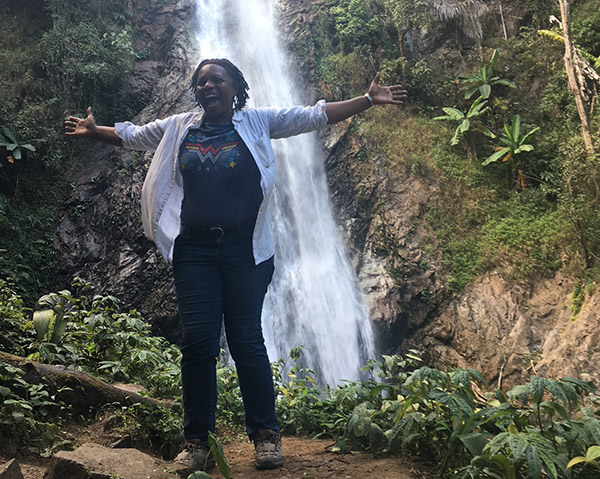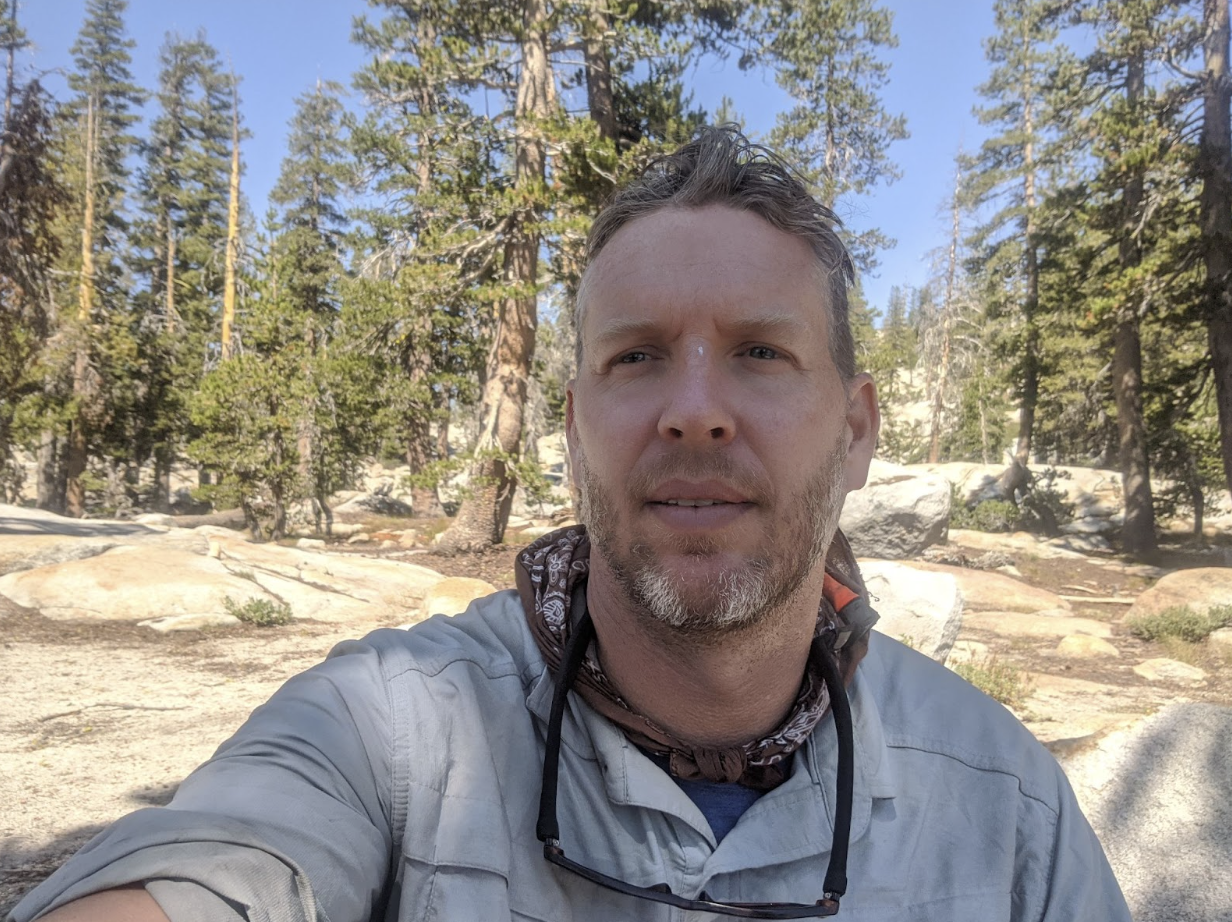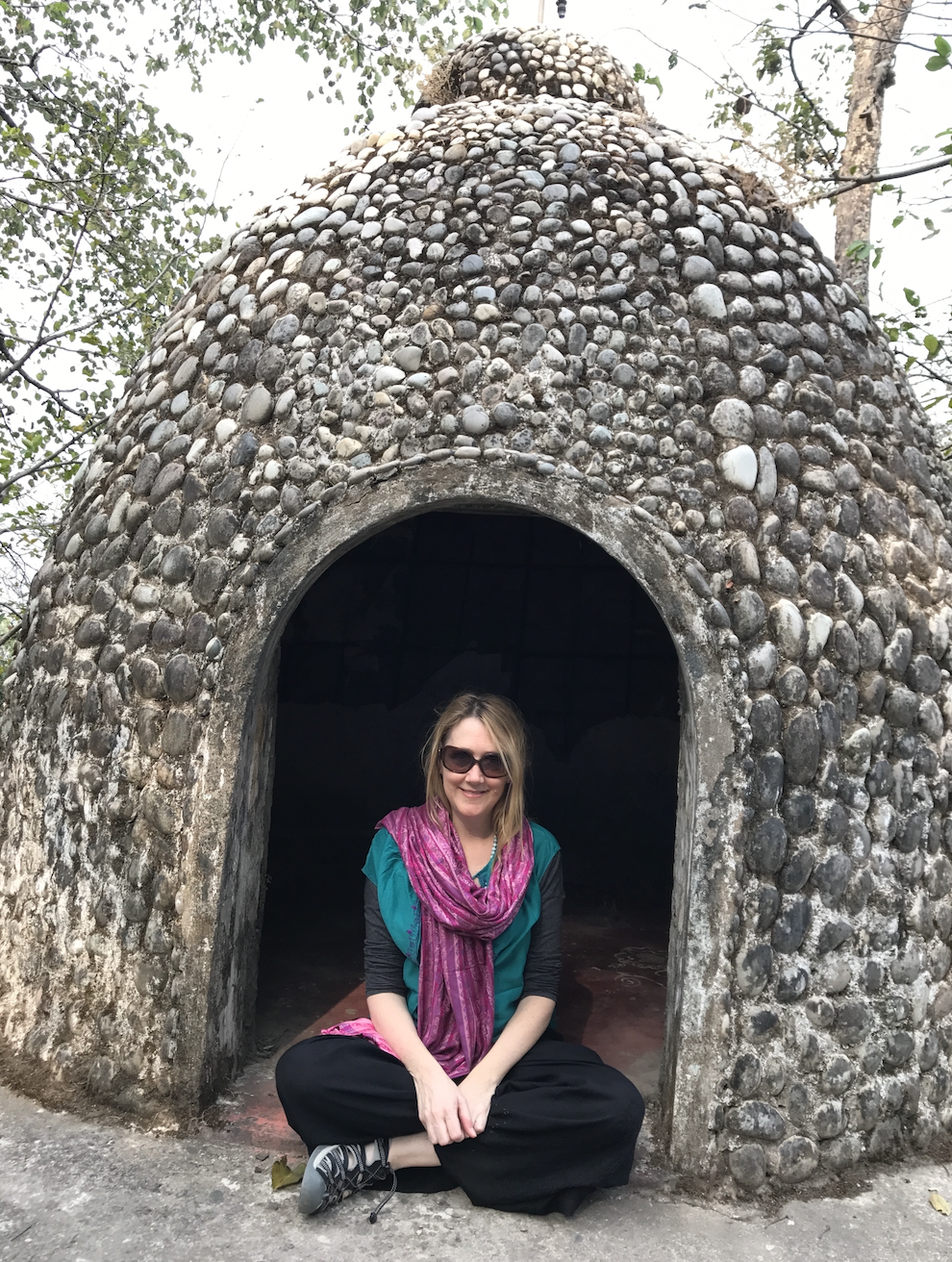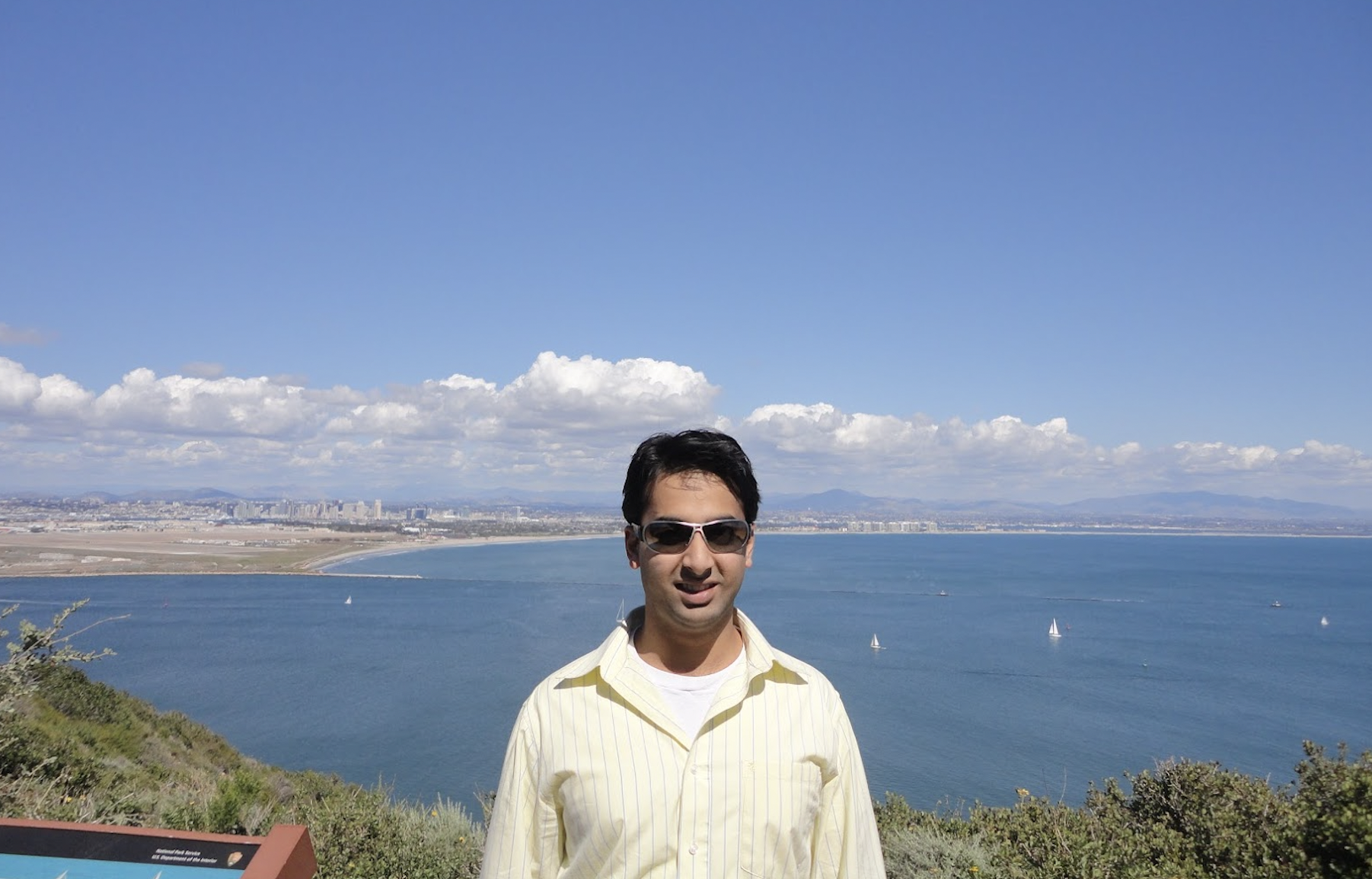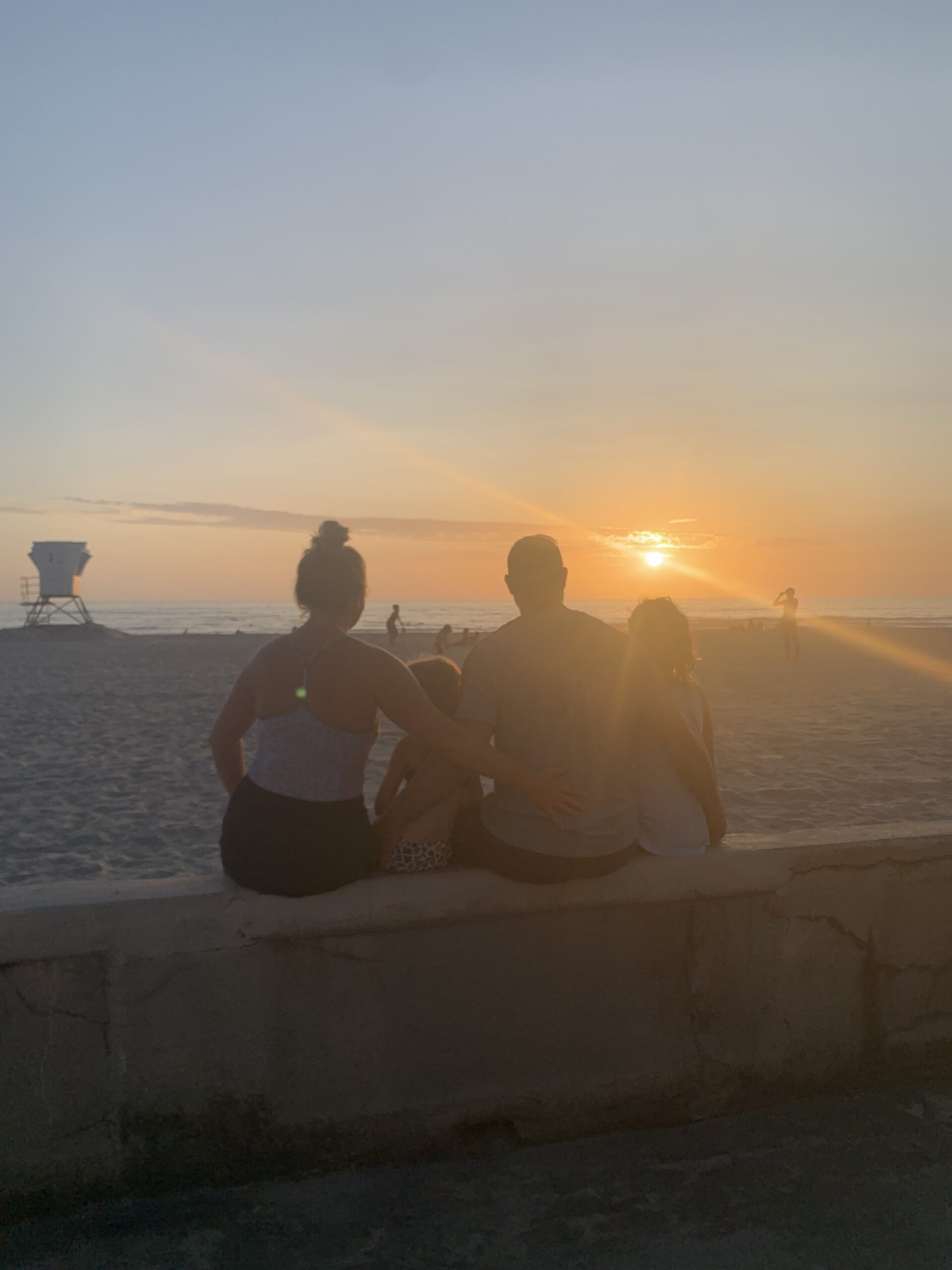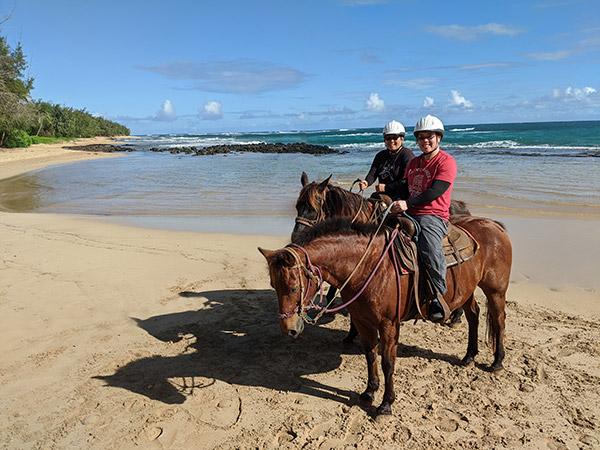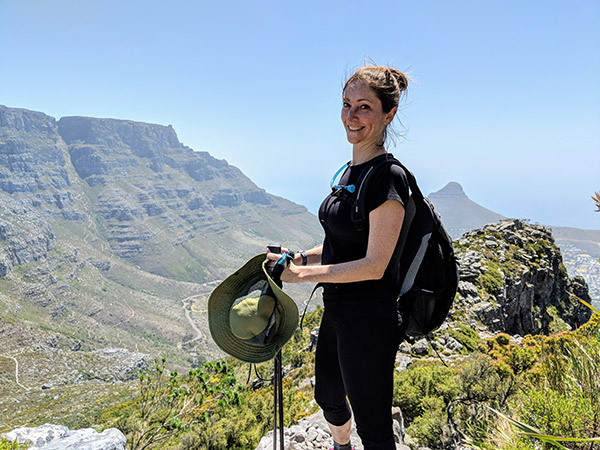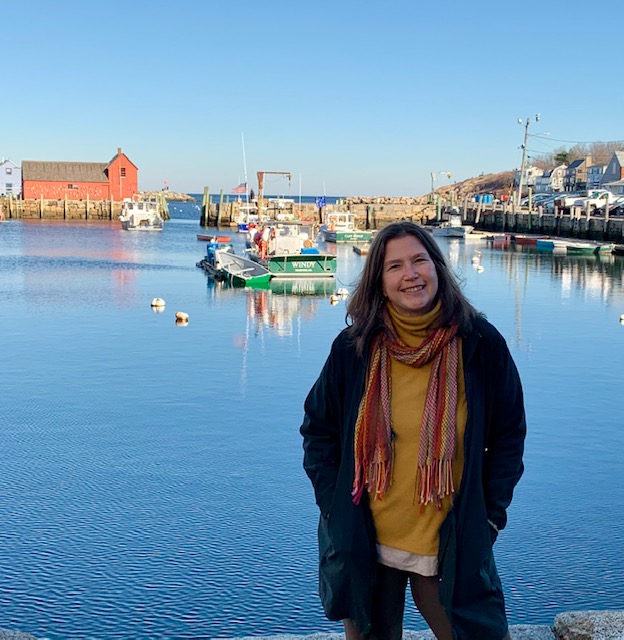Situation: Fact Check
Everything under the sun is searchable and finable on the Internet. That means it’s fairly easy to fall prey to clickbait, fake news and other dubious rabbit holes while conducting research, business or learning online. Now more than ever, it’s vital that we all get in the habit of checking facts to fish out the fakery before blasting the latest rant to our audiences, or taking on and spreading what’s posing as truth.
Whether you’re designing an online course for academic credit or participating in an online conversation for marketing purposes, understanding how to evaluate a news source’s validity is mission critical. Teaching and practicing such critical thinking skills should be a given, but as we’re all (finally) learning, it isn’t– and, unfortunately, often there are dire results.
Reinforce new fact checking habits
Fact-checking everything we read online is important – and tedious. We’d never get through the front pages if we sleuthed behind every little detail, right? The first step is to consume news only from reliable sources. The next is to incorporate a very simple practice in which you question the person/source, their knowledge on the topic and the potential for them to be incorrect. Next, you might feel compelled to pressure media giants to block lies. Both Google and Facebook have launched initiatives to help curb the proliferation of fake news in journalism and social media. Another savvy step is to share reliable sources and tools within your circles, including your e-learning and online business communities.
In the virtual (and physical) classroom context
E-learning is an effective vehicle for training people to evaluate the sources they come across every day. When designing online programs, no matter the content, you might find it initially helpful and continually engaging to present ideas and tools for assisting participants in identifying fake news. One simple exercise is to present two articles on the same topic – one from a valid news outlet, and one from a satire or bogus site – and discuss with participants how one can determine which article offers reliable information and is the most credible source. We’re starting to see more of this in all types of educational forums. For example, Common Core advocates are focusing on prompting more news literacy practices in the classroom. And, here’s a terrific lesson plan that’s adaptable for teaching media/news literacy in just about any learning environment.
A thousand years ago when I was teaching writing and critical thinking skills at the School of Business at CSUMB, one of my very earnest, fresh students cited The Onion (it is America’s Finest News Source, after all) as a reference in her persuasive paper. She had never been exposed to satire sites, and the article “supported” the view presented in her essay. This blunder led to a fantastic class conversation about evaluating sources, including how to determine the signs of satire in online articles and everyday language. We all know it’s not just young students who take satire for truth, as demonstrated in one of the recent news involving a sitting congressman. There’s room for all of us to learn.
Even more tools you can use
For some more basics – checking sources, authors, headlines and ads – on avoiding foul fakery, stick with FactCheck.org’s pro tips.
Interested in diving into the psychology behind why we silly humans are so easily duped? The BBC offers up some keen insights.
For faster journalistic fact-checking, look at what MediaBlog has to say.
For more tips on evaluating sources for teaching, training and learning scenarios in our post-factual reality (sigh), see this terrific New York Times article.
Plagiarism is a form of fakery, too! UNM Professor Cristyn Elder developed a super cool tool for teaching students how to avoid plagiarism.
Let’s all be vigilant in honing best practices to uncover and share the truth. And, please share your tools and pro tips with us!























